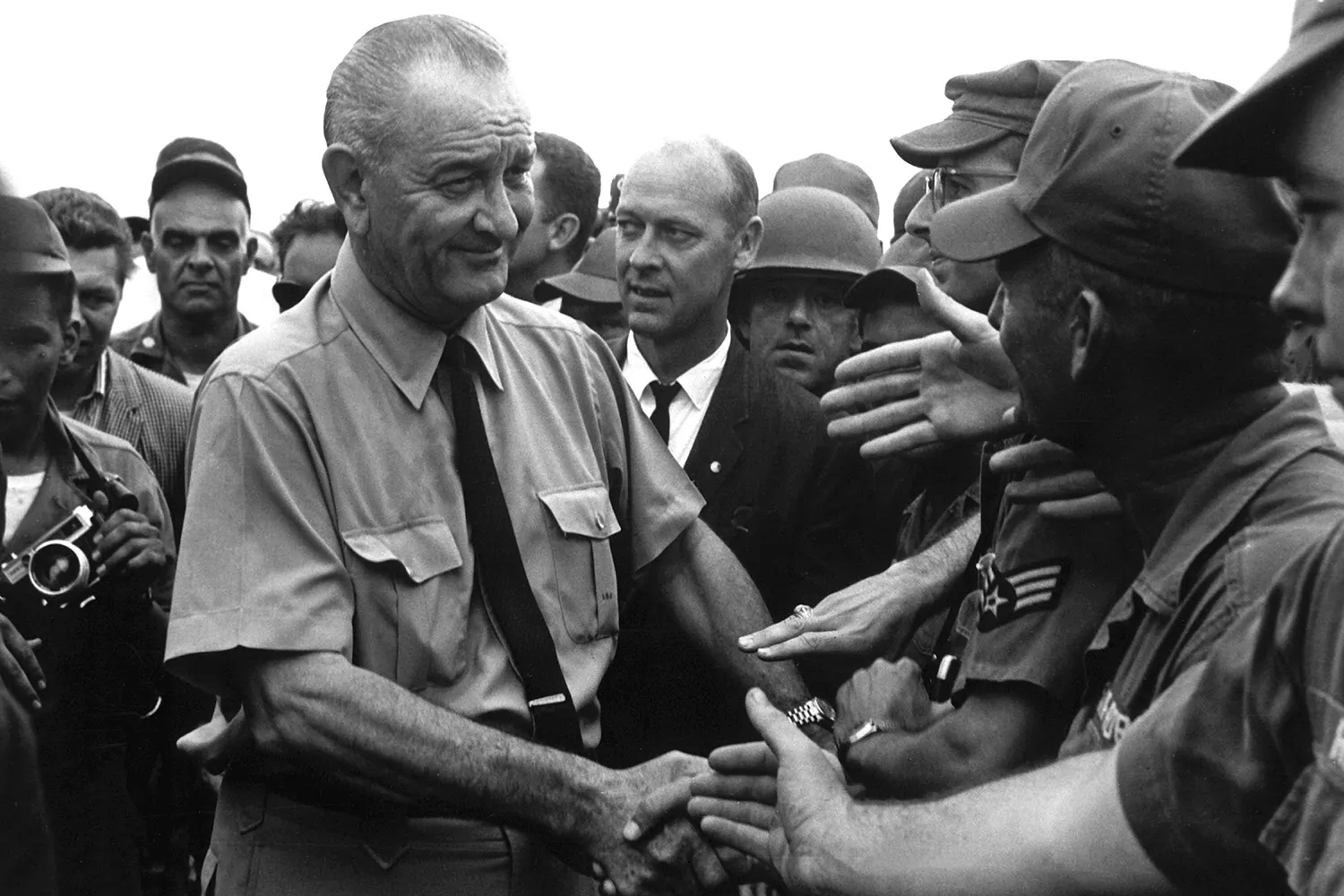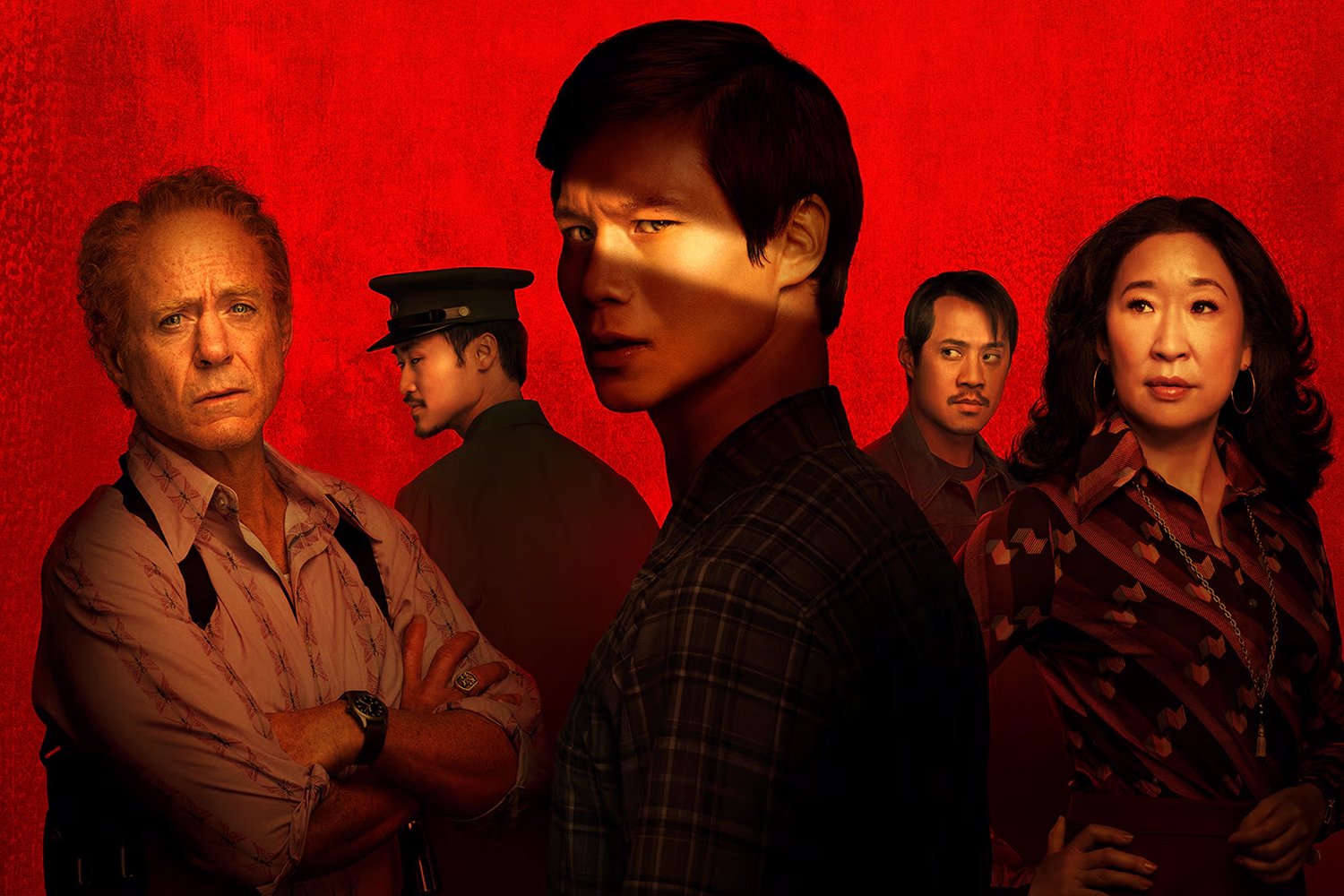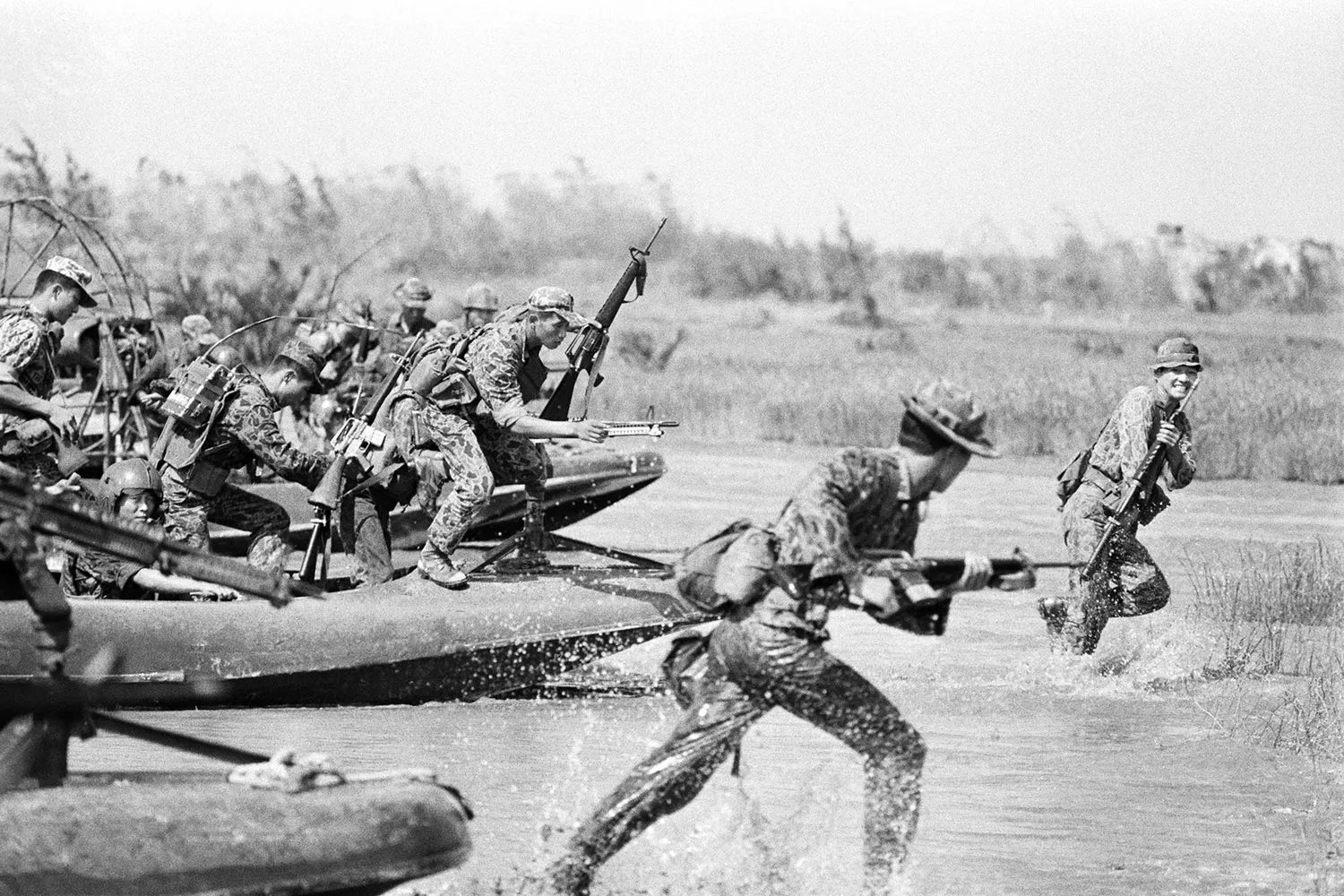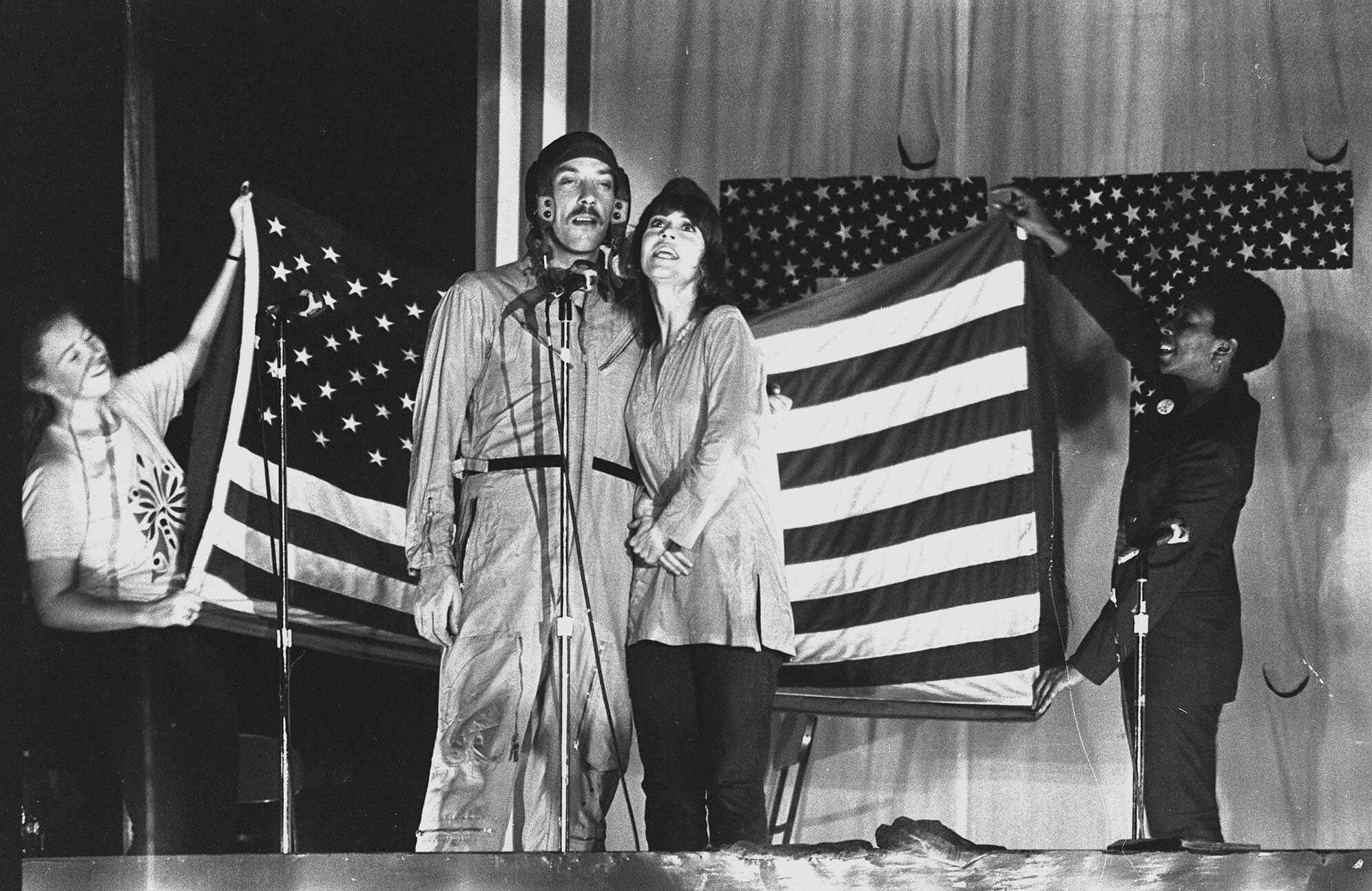Fifty years ago on Wednesday, North Vietnamese forces took Saigon’s presidential palace, marking the end of the Vietnam War—a two-decade-long conflict that shaped the second half of the 20th century. The American War, as it’s called in Vietnam, led to the deaths of millions of Vietnamese people and more than 50,000 U.S. troops. Arguably the first forever war, it is widely remembered as one of Washington’s greatest foreign-policy disasters.
Today, the war continues to haunt global affairs. To mark the anniversary, which the Trump administration has explicitly directed U.S. diplomats in Vietnam not to commemorate, we’re sharing essays on the legacies of the war and how it continues to shape foreign policy.

The Ghostly Legacies of America’s War in Vietnam
The United States tried to use Vietnamese beliefs to terrify enemy soldiers, Chris Humphrey writes.

Why U.S. Presidents Really Go to War
As a new book shows, it’s not always about strategy, FP’s Julian E. Zelizer writes.

HBO’s ‘The Sympathizer’ Leans Into the Tragic Absurdity of the Vietnam War
The series lampoons the military, academia, and Hollywood portrayals of the era, Jordan Hoffman writes.

It’s Time for South Korea to Acknowledge Its Atrocities in Vietnam
Seoul and Hanoi can no longer ignore a fraught part of their history, Dien Luong writes.

Donald Sutherland and the Soldiers Who Resisted Vietnam
The chameleonic actor was also an activist ahead of his time, Lindsay Goss writes.
The post The Haunting Legacy of the Vietnam War appeared first on Foreign Policy.




